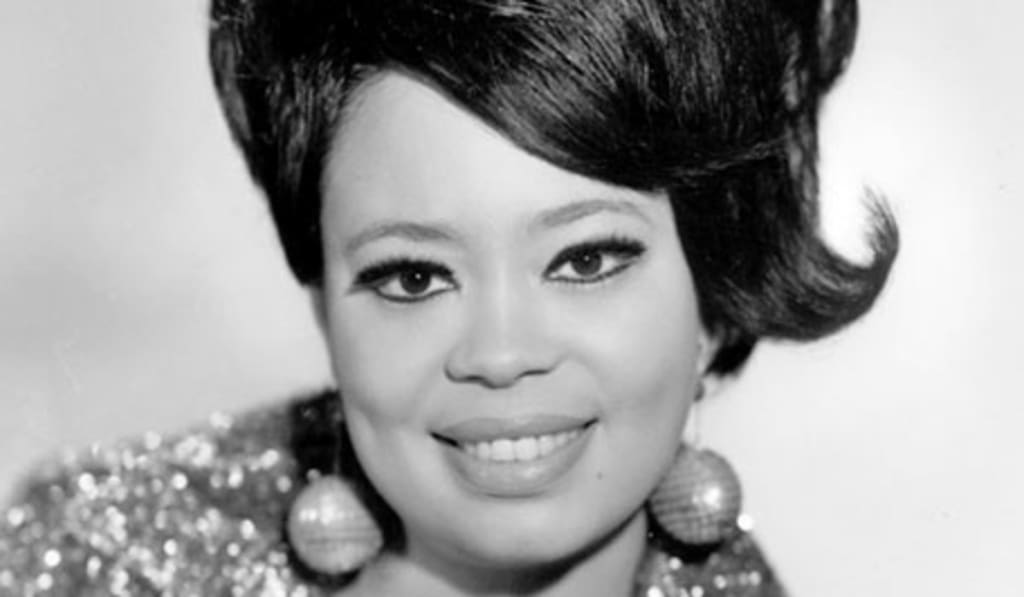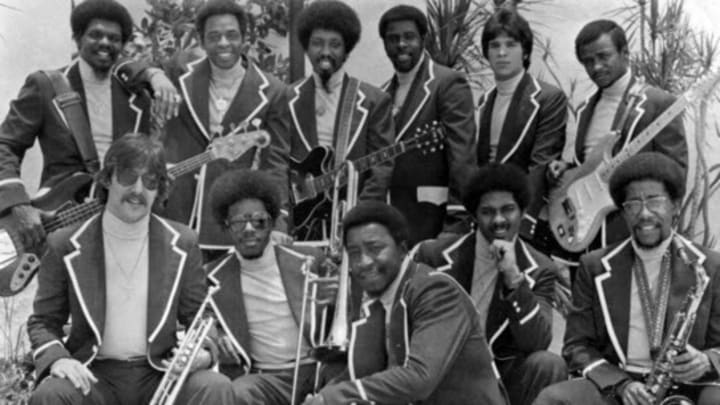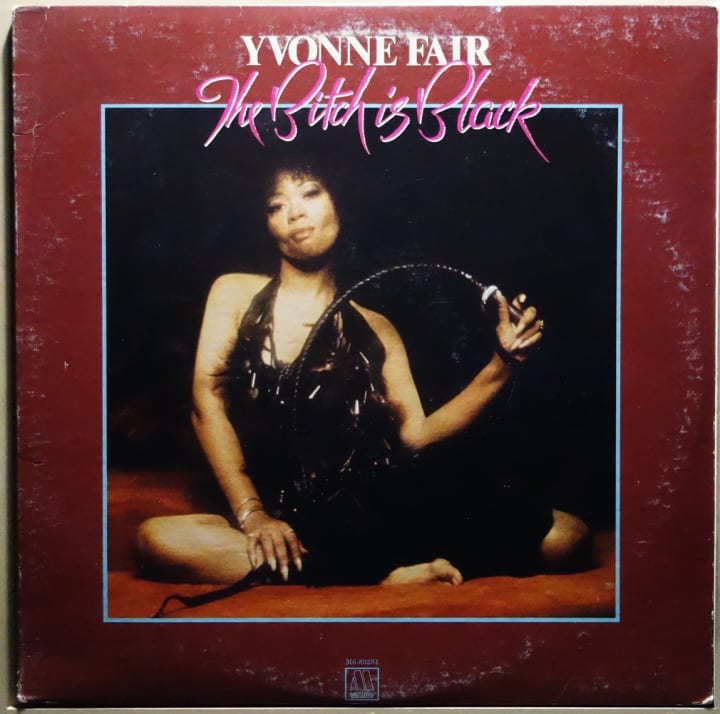It Should Have Been Me
The Story of the Other Woman

There have been countless inspirational Black women in the music industry. So why, you ask, did I choose to write about Flora Yvonne Fair Strain, better known as "Yvonne Fair"?
Sometimes, great records become seminal classics after we uncover their provenance. Fair's cover of "It Should Have Been Me" earns the title simply because it is a truly outstanding record.
The first time I heard the song, it sent chills down my prepubescent spine. It still continues to do this to this day, some forty years later.
As a child, I didn’t understand the subject matter. All I knew was Fair was expressing pain and anguish that I had no idea could be pressed into the tight grooves of black vinyl. The song was a crossroad in my personal musical journey and opened up new paths to me that I was compelled to explore.
I soon discovered that a treasure trove of music awaited me, and those stories of love unrequited would become my soundtrack as my teenage hormones rioted.
Throughout my life, I’ve returned to Fair’s rendition of "It Should Have Been Me." I admired how she seemed to transform her frustration and suffering into high octane fuel that propelled her forward when most would have given up.
Fair fought tooth and nail for the spotlight. As a backing singer in James Brown’s revue show when she was just nineteen, fame and stardom seemed inevitable. But music can be a cruel mistress. And Fair had little success with her first solo record for King Records, "I Found You". Just two short years later, James Brown re-worked her song, and "I Got You (I Feel Good)" became one of his biggest hits. One can only imagine how much this dagger through the heart would have pained her.
Fair signed with Motown when she was thirty and enjoyed a modicum of success. She opened for the greatest performers of all time: the Temptations, Jackson 5, Marvin Gaye and Stevie Wonder. But fame still alluded to her.
Fair persevered for thirteen years before her big break finally came. In 1975, Berry Gordy teamed her with Motown’s hit-making team Norman Whitfield and the Funk Brothers to record her first solo album, “The Bitch is Black”.
The stage was set, and Whitfield had produced some of Motown’s most enduring hits, including “I Heard It Through the Grape Vine” and “Papa Was a Rolling Stone.” The Funk Brothers were considered to be the most accomplished session musicians in the business.

I’ve searched through the racks of countless record stores for over thirty years and can honestly say I’ve never seen Fair’s First and only album. And given that it is called “The Bitch Is Black” and that the cover features Fair holding a whip, you’d think I’d have noticed it.

I’m not quite sure about the album sales, but the one standout track on the album, “It Should Have Been Me”, reached the low end of the Billboard top 100 and was number 5 on the British pop charts.
Before knowing Fair’s life story, I always knew “It Should Have Been Me” was a great record and possibly one of the most heartfelt vocal performances of all time, delivered with a conviction exclusively reserved for those who’ve experienced the pain and suffering over a thousand lifetimes. Whitfield's effortless production creates the sense you’re nervously placing one foot in front of the other as you head from the church door to the altar. The scene opens up as you enter the church and look up at the ceiling that extends to the heavens. The Funk Brothers bittersweet combination of funk and gospel,
When you hear Fair's version of "It Should Have Been Me", you know she was drained from dragging years of emotional baggage behind her. Some have suggested that the scoundrel she sang about was James Brown, the father of her second daughter. She'd had a brief but heated affair with Brown when he’d separated from his wife. But it was a short-lived and somewhat abusive relationship.
Music is a deeply personal experience because it becomes intertwined and imbued with our own thoughts and feelings. In the auditorium of my mind, Fair is telling me about the agony she felt as a Black recording artist, struggling to make it in '60s America. The torment of working in the shadows of the brightest lights in the business. The longsuffering wait for her turn, while others who had far less talent rose to fame. I hear her story, the words behind the words, a message from a strong Black woman reminding me to never give up.
Fair persevered and became immortalised in song. I like to think she was happy with her achievements. I read she had stopped singing by the 1980s but remained in show business, working for Dionne Warwick as her wardrobe assistant.
Fair died in 1994 from cancer. She was only 51.
But her music will live on forever.
About the Creator
Ricky Chopra
Science fiction author. My new book is called "Call Me Izanagi". Musician and producer (Search for Ricky Chopra, Spectrum City and DJ Chops in Spotify) Plus DJ and designer of http://www.spectrumcity.co.uk






Comments
There are no comments for this story
Be the first to respond and start the conversation.